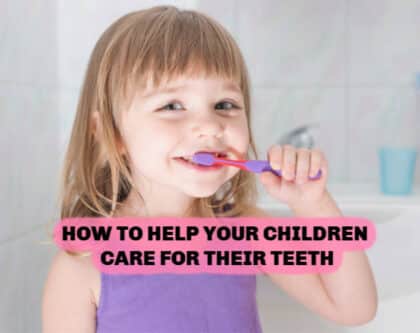Can Stress Affect My Teeth?
- Bruxism
- Susceptibility to Infection
- Poor Oral Habits
- Ways to Protect Your Teeth
Stress takes a toll on our whole body, including our teeth and gums. And sometimes, the ways we cope with stress can further aggravate the problem. Stress-induced bad habits we engage in at the office or at home can wear down and damage our teeth. Learning about this phenomenon, though, can help us find better ways of managing stress that will keep our smiles healthy and us out of the dentist’s office and in Madison, Wisconsin’s beautiful summer weather.
Bruxism
A common way people muscle through stressful times is to hold the tension in their mouths. Bruxism is the medical term for teeth grinding or jaw clenching. Although people often are unaware that they’re doing it, bruxism can result in tooth or jaw pain, headaches, sore jaws, and loose teeth. If the habit is serious, it can even cause fractured teeth.
Susceptibility to Infection
Another way stress affects our teeth is that it makes us more susceptible to infection. When we are stressed, our body’s inflammatory response kicks in. Long-term inflammation has been shown to break down tissue and inhibit the immune system. When our immune system is suppressed, the body is at risk of infection and illness.
Our mouth is particularly vulnerable to infection. Bacteria from food and plaque are a constant challenge to our oral health. Stress can make us more disposed to developing gingivitis or periodontitis, which is advanced inflammation of the gums.
Poor Oral Habits
Another way stress takes a toll on our teeth is through poor oral habits. Stress eating is a common coping mechanism. People often reach for carbohydrate-rich foods, such as potato chips or ice cream. The sugar and sticky, starchy carbs that cling to teeth can both cause tooth decay and inflamed gums.
Smoking and drinking can also cause damage to our teeth. Smoking inhibits saliva flow, allowing bacteria and plaque to grow more easily. It discolors teeth and puts the smoker at risk of oral cancer. Mixed drinks, beer, and other alcoholic beverages contain sugar and acid that can erode teeth over time.
When responsibilities and problems feel overwhelming, proper oral hygiene sometimes doesn’t seem like a top priority. Stress can cause us to want to retreat, even from taking care of ourselves. Twice-daily brushing and flossing might be dropped when the pressure is on.
Ways to Protect Your Teeth
It’s important to maintain good health habits when circumstances seem out of our control. Staying mindful of our oral health can help keep problems from piling up.
When stress flares, find your way to cope productively with it. Exercise has been shown to reduce bruxism. Your dentist can also fit you with a mouthguard to take the pressure off your teeth, especially at night.
Find healthy, teeth-friendly snacks when you feel the need to nimble through a problem. And consider whether you need to rethink your smoking or drinking habits.
Affiliated Dentists
If you suffer from bruxism and need a mouthguard and assistance on how to manage the condition, please don’t hesitate to call our office today. Affiliated Dentists offers general dentistry in Madison, Wisconsin.
Can Stress Affect My Teeth? brought to you by Dr. Mark Gustavson


